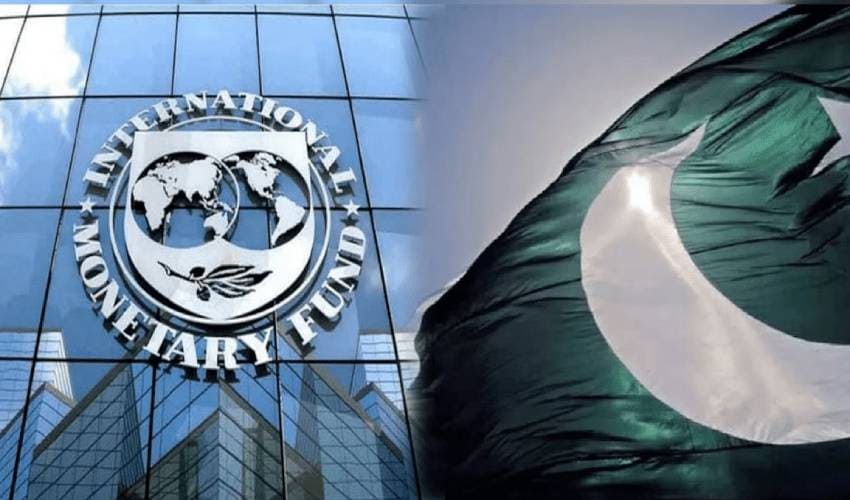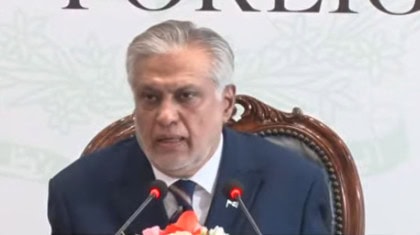ISLAMABAD – The International Monetary Fund (IMF) agreed to the federal government’s proposal to reduce electricity prices, the sources close to the development said on Tuesday.
The decision regarding reduction in the electricity prices is expected in April.
The sources said that there is a possibility of a reduction of Rs1 to Rs2 per unit in the base electricity rates while NEPRA and the Ministry of Energy have been granted the authority to lower the rates.
The IMF expressed concern over the delay in the privatization of DISCOs, saying that without improving the performance of DISCOs, no improvement in the power sector is possible.
The IMF rejected the Ministry of Energy’s plan to amend the NEPRA Act.
The important discussions regarding the circular debt in the power sector would take place on Tuesday (today) while the talks on the FBR revenue, agricultural tax and property tax are also underway.
After Eid, the arrival of a new IMF delegation is expected for negotiations on governance.
Last week, the International Monetary Fund (IMF) asked Pakistan to address the issue of circular debt as it is expected to increase further during the ongoing Financial Year 2025-26.
“Pakistan plans to borrow Rs1,250 billion from banks to reduce circular debt. The plan suggests waiving late payment surcharges of up to R600billion,” said the sources close to the development at meeting between Pakistan and International Monetary Fund (IMF).
IMF asked Pakistan to reduce its circular debt.
They said that Pakistan told the IMF that it was working to reduce the circular debt by Rs1250 billion, with Rs300 billion potentially being settled.
“A surcharge of Rs2.8 per unit may be imposed on consumers in a bit to pay off the debt,” said the sources, adding that the government is working on a comprehensive plan to manage the circular debt, which would be finalised in upcoming policy negotiations.
The sources revealed that the previous six months witnessed a reduction of Rs10 billion in stocks while the next six months are expected to see an increase in electricity demand, which may lead to a rise in circular debt.
The government had anticipated an increase of Rs350 billion in circular debt for the current fiscal year.
The federal government had earlier abandoned plans to introduce a mini-budget for FY 2024-25, opting instead for an alternative plan to address the Rs605 billion shortfall.
The government was expecting to bring the mini-budget but now it may open another option. The plan would also address the issue of tax-related cases pending in the courts
For this purpose, Prime Minister Shehbaz Sharif assured full cooperation in this regard while Chief Justice of Pakistan Yahya Afridi also approved the request to speed up the hearing of tax-related cases.
Pakistan well positioned for IMF first review of its $7bn bailout programme: FinMin



















